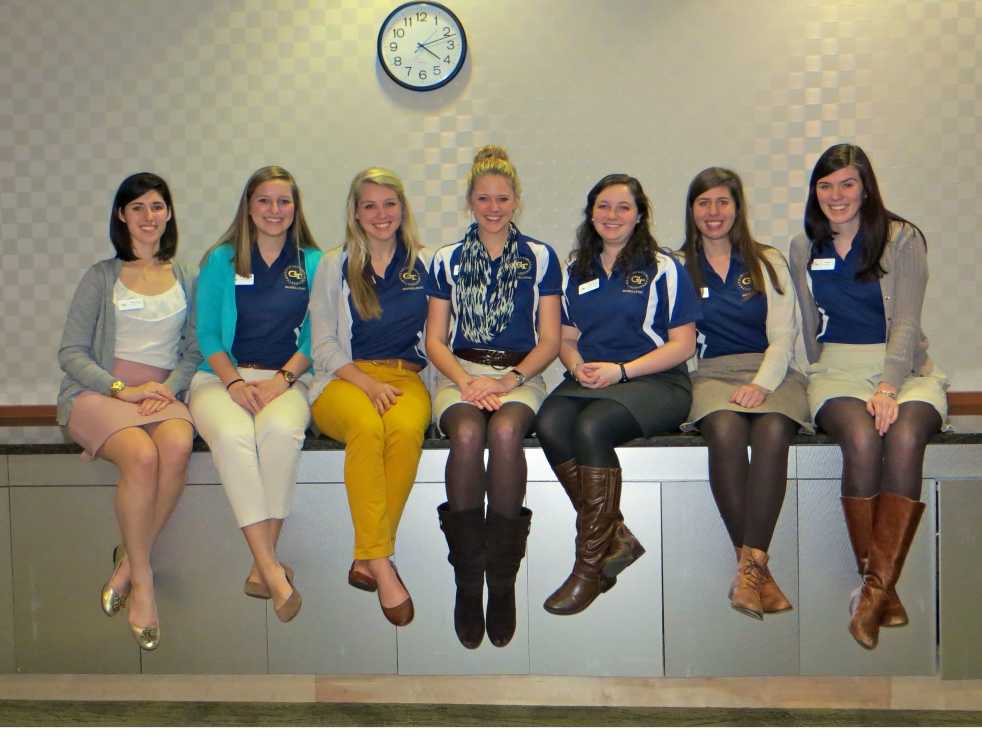The four Greek councils recently submitted chartering paperwork to form the Greek Programming Board to coordinate the joint events of the four councils and to act as a unified body when requesting funding for events.
While most of Greek life is centered on the individual fraternities and sororities, the chapters organize a number of events and programs throughout the year. This includes events like Greek Week, Greek Peer Education and Homecoming, as well as programming such as alcohol safety programming.
“The overall function of the Greek Programming Board is to really handle the funding for those things that we’re all involved in,” said Caroline Freeman, President of the Collegiate Panhellenic Council (CPC).
One of the most important roles of the organization is to request funding for the Greek joint events and programs to SGA. Currently, the Interfraternity Council (IFC) is the only Greek council with Tier II status in SGA giving it more priority in funding and more flexibility in how it spends money. Requests for funding for joint events are usually requested by IFC which is then spent by the four councils for the event. This system has caused complications in funding.
“We realized pretty quickly that it was difficult for all four councils to operate from that system mainly because the other councils are growing too,” Freeman said. “[T]he more intertwined we’ve become – it’s been like a system of who pays back who … [it’s] just a little messier then we’d like.”
“We’re hoping that this programming board coming forth will equally represent all of the councils and kind of present a more unified front to SGA,” said Mason Elledge, President of IFC.
Another hope for the board is that it will help to foster cooperation between the four Greek councils and lead to more successful joint ventures.
“[Our] hope with bringing all of those people to the table in addition to getting some of these funding things worked out is that our programming will be more cohesive,” Freeman said. “We won’t be vying for time with each other; we’ll be able to know a little bit more, have a better idea of what everyone’s doing so that we can continue to work together on these things.”
The board would be headed by an elected executive chair and filled by the presidents and programming representative of each council, a treasurer and a representative from the Greek honor society.
